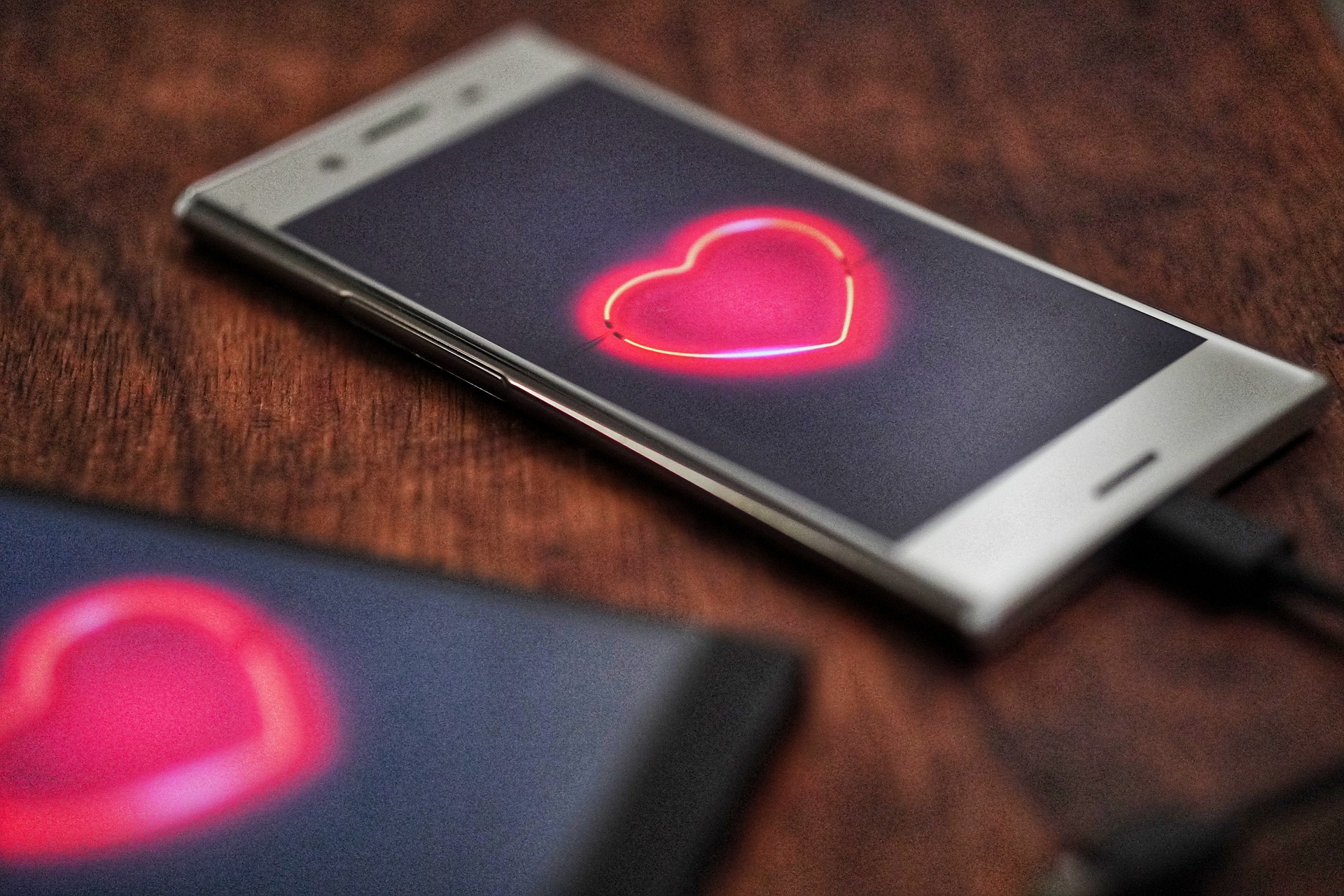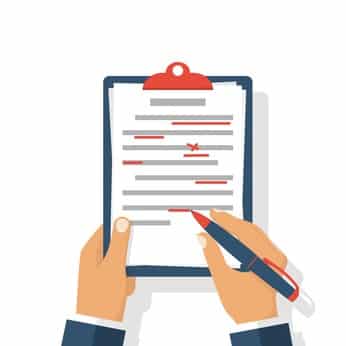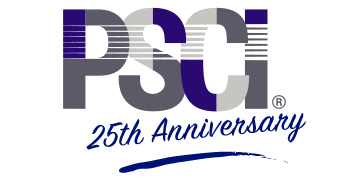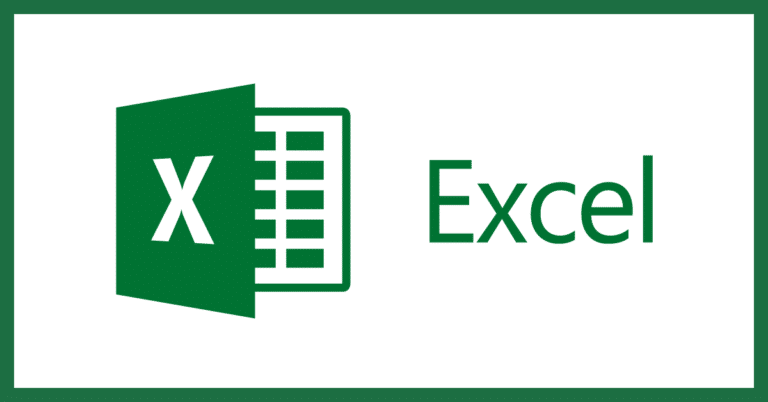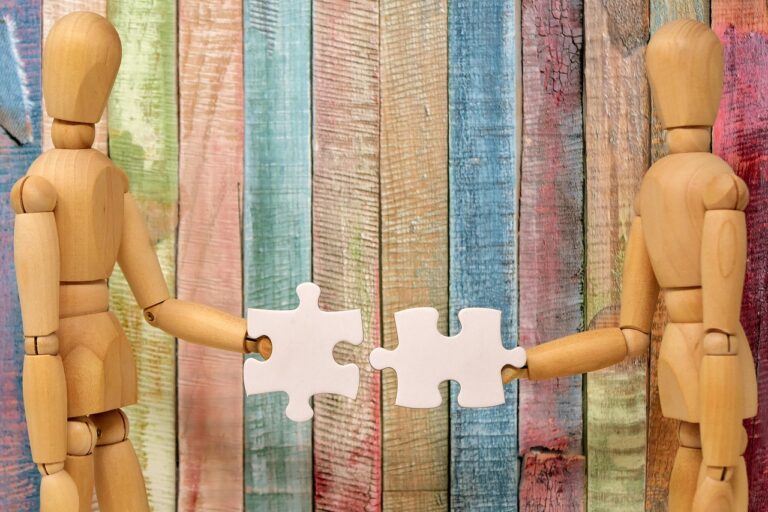February is often known for being a month dedicated to, and all about love. But February can be more than valentines and sweethearts; it can also be a month for self-care.
While we love technology, it often falls under the category of too much of a good thing.
Too much screen time, in fact, can lead to obesity, sleep problems, chronic neck and back problems, depression, and anxiety.
Though going off the grid isn’t an option, it is possible to be more mindful about when and why you’re reaching for your smartphone, laptop, or other tech device.
In this blog post, we share some tips on how to use your digital devices more mindfully.
How to Be More Mindful About Your Use of Technology
Become Aware of When and How You Use Your Devices
Any repeated behavior can create what’s referred to as a habit loop. Defined, a habit loop is a neurological loop that governs any habit. It consists of three elements: a cue, a routine, and a reward. Understanding these elements can help in understanding how to change bad habits or form better ones.
When looking at it through the eyes of technology, think about when and why you pick up your phone to browse Twitter, TikTok, Reddit, or Instagram. It could be when you first wake up, when you’re standing in line at the store, or when you’re waiting for your coffee to brew.
To fully understand your dependence, take a single day off from checking your email and social media accounts. This is when you’ll see how you’re really using your tech.
Understanding the psychology behind your scrolling addiction can also help to limit your screen time and use your time more efficiently and productively.
Formulate a Usage Plan
Formulating a plan allows you take ownership of how you’re spending your time. Planning not only provides direction but it can also help keep your priorities in check and foster a sense of security.
When it comes to formulating a usage plan around your devices, allotting times of the day or days of the week when you don’t use them at all is a good place to start. This could mean leaving your phone in the other room during meals, limiting use before and after work, or limiting your usage to a number of minutes per day.
But, regardless of the plan you set, there will most likely be trial and error involved. Do what’ll work best for you.
Utilize Blocking Apps
Technology can be a real productivity killer. Even if you’ve followed our productivity tips on how best to optimize your time, devices can still be a big distraction.
The solution? More technology!
Apps such as Dewo – a personal assistant for doing deep work – use machine learning to dissect your productive patterns and will automatically silence app notifications and trigger ‘Do Not Disturb’ mode on chat apps.
There’s also FocusMe, an app designed for online workers who want to lock themselves out of websites, apps, and games on their phone or computer. Unlike Dewo, however, FocusMe is a paid app.
Redefine Your Devices Purpose
Tech devices are incredibly powerful tools. Tools that can increase creativity, boost social connections, streamline workflow, and teach new skills.
They’re more commonly used, however, as entertainment devices.
So, instead of looking to your phone as a way to entertain yourself, redefine how you think about it. Ask yourself, “How can I use this device to my advantage?”
Then, use your device for those purposes.


